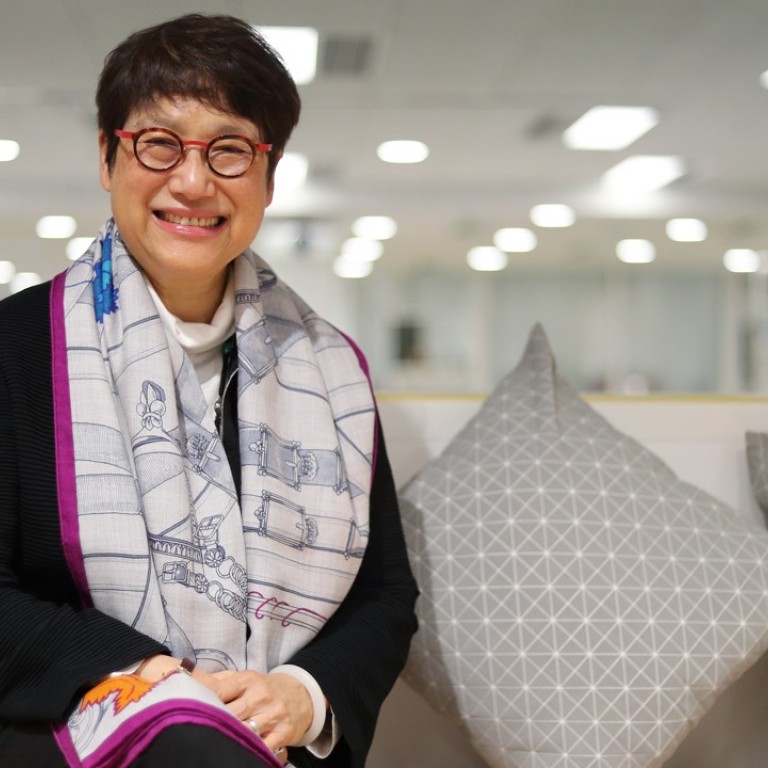
Question of degrees for Hong Kong educator Betty Chan at new teacher training college
Yew Chung International School boss tells Post what has kept her doing over the decades and why her latest venture will have a big impact on the community
Open classrooms and playful learning will not work in Hong Kong because the education system is known to encourage rote learning.
So Betty Chan Po-king was told when she took over her mother’s school, Yew Chung, in the 1970s and launched a kindergarten section.
But Chan, chief executive and school supervisor of Yew Chung International School, proved the naysayers wrong by making her kindergarten one of the top preschools in the city. She says her success is partly because she understands that children need teacher support while learning, not teacher direction.
Building on a life of learning
In 2014, Yew Chung moved into teacher training by starting a two-year higher diploma course in early childhood education. Yew Chung Community College is the first private, self-financed institution in Hong Kong that only provides formal early childhood education teacher training, Chan says.
Yew Chung is waiting for government approval to award bachelor’s degrees. The institution, Yew Chung College of Early Childhood Education, is expected to start operating in the next school year. “It is really through teacher training that we can have the greatest impact on our community,” Chan says.
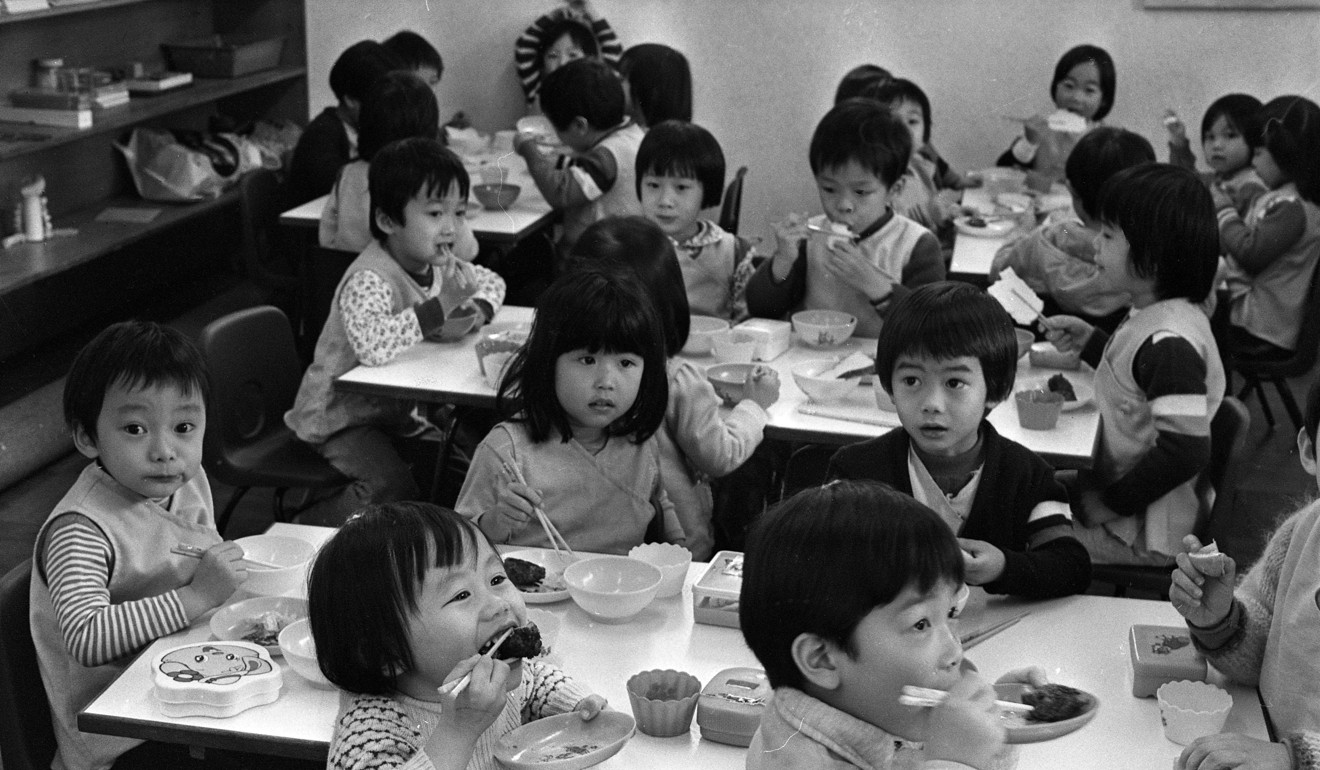
Having been an educator for four decades, what keeps you going?
This might sound clichéd, but it’s truly our students and alumni. Witnessing their growth and development from infancy to adulthood is deeply rewarding, and seeing how they each contribute to society. And, of course, my dedicated colleagues – many of whom have fought alongside me for decades, sharing the same vision and mission, and quite literally devoting their lives to our schools. I will forever be indebted to them. The unwavering support from my husband and family is incredibly important too, even if they don’t fully comprehend my latest “crazy” ideas!
Reflecting on your pioneering work in Hong Kong since the 1970s, what are your best memories and worst experiences?
One of my best memories is convening the first ever international early childhood education conference titled “Childhood in the 21st Century”, sponsored by Unicef and hosted in Hong Kong in 1989, soon after the June 4 incident. As chairperson, it was rather nerve-racking due to the heightened political sensitivities, but it still became a landmark event as we were able to bring together for the first time prominent early childhood education scholars and educators from mainland China, Taiwan, Hong Kong and around the world.
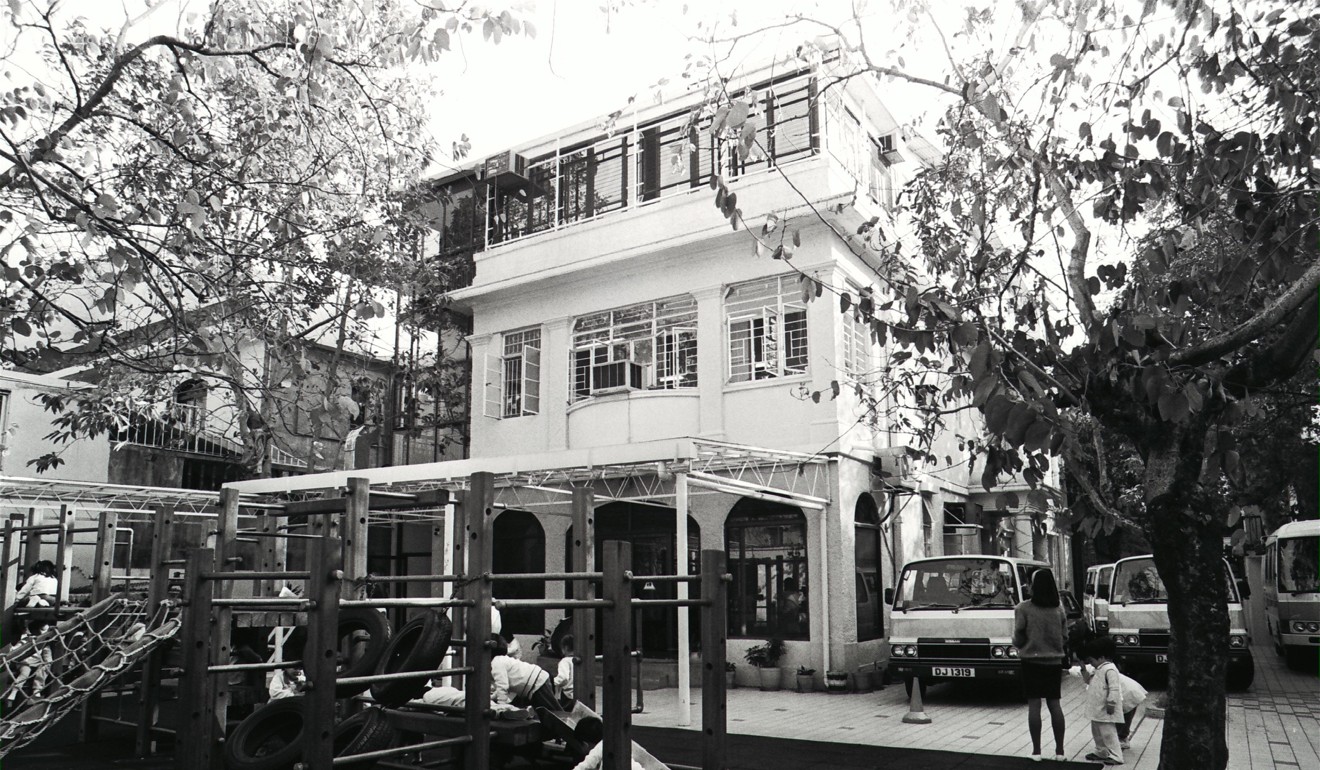
I’m pretty good at blocking out the negative, but this was perhaps a bad memory for my mother. Soon after I succeeded her and opened our kindergarten with two children, expenses were obviously high and as a private school we had no government support. Our next door neighbour was an Education Bureau official, who met my mother at the lifts one day and advised her to close our kindergarten, as my play-based approach with no homework would never work in Hong Kong. To be fair to her, there were plenty of naysayers back then, even my own relatives, but I just kept going.
What are your views on rote learning and tiger parents? Do you think some parents need to be ‘educated’ on how to educate children?
There is a place for rote learning, and it is not necessarily unproductive or meaningless. What is harmful is its overuse or misuse. Memorising multiplication tables or quotations from great literary works can be both helpful and fun. Similarly, I think it is important for parents to have high expectations of their children and to set clear boundaries for behaviour, which in fact children welcome. The critical factor is that parents must first establish a strong and secure relationship with their child, so that all words and actions, even if disciplinary, are always lovingly interpreted.
There is a place for rote learning … what is harmful is its overuse or misuse
In terms of parent education, my experience over the years has been overwhelmingly positive, as parents often crave professional advice at different stages of their child’s development. Every child is unique, so what works with your firstborn might not with your second. Furthermore, it takes a village to raise a child, so it’s important to support all villagers in the process. At our kindergartens, we not only run workshops for parents, but also for grandparents and domestic helpers.
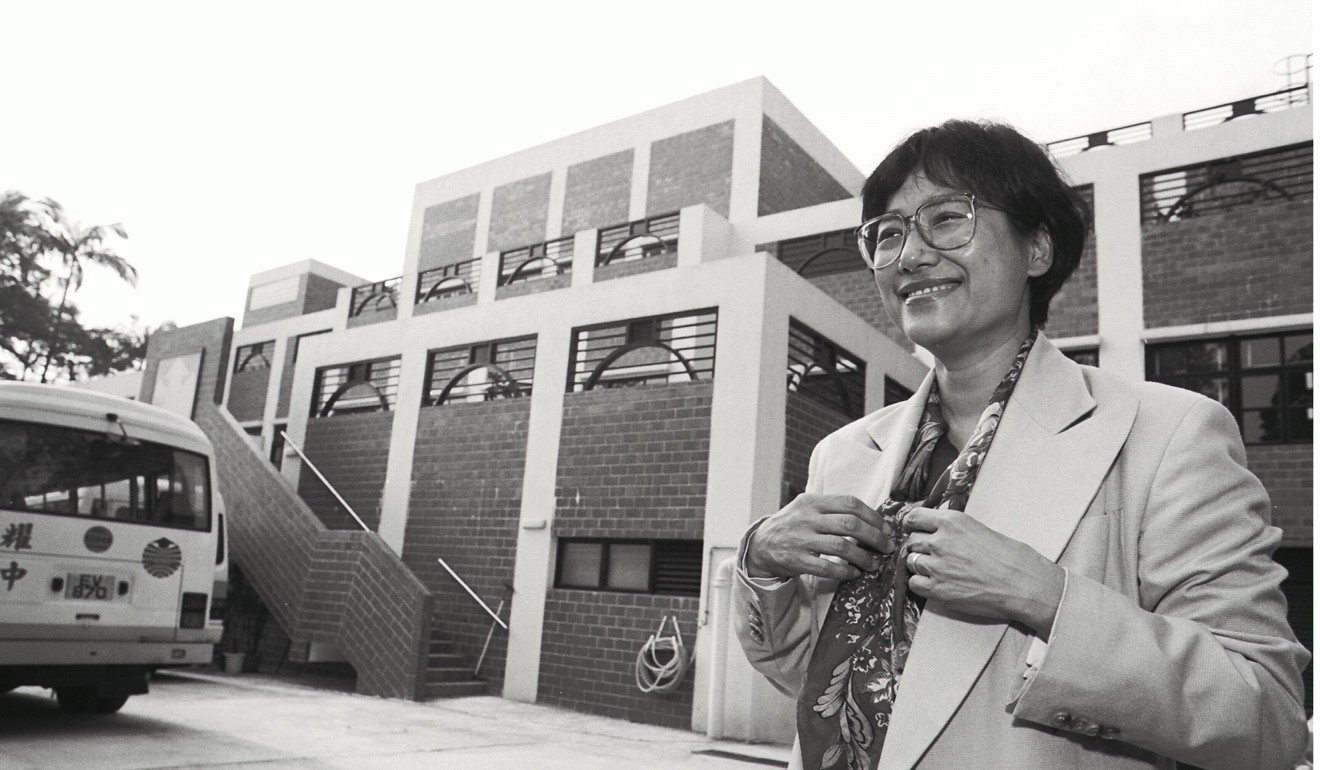
What inspired you to establish a college specialising in early childhood education?
In many ways, the creation of Yew Chung College of Early Childhood Education (YCCECE) is a natural progression for us as an education foundation. We have long been known for our early childhood programmes, catering for children as young as six months old. While we could continue expanding our service, it is really through teacher training that we could have the greatest impact on our community.
In 2014, we became the first private, self-financed institution in Hong Kong to offer formal early childhood education teacher training by launching our two-year higher diploma in early childhood education. Given the impetus to upgrade the profession to degree level, the natural next step is to create a four-year Bachelor of Education (Honours) in early childhood education. But the discipline of early childhood education is not just about teacher training; it is an extensive and interdisciplinary field that embraces the full spectrum of children’s holistic development between birth and eight years old, including health and nutrition, and meeting the diverse needs of families and communities. So we decided to establish a specialist tertiary college in early childhood education that will enable us to comprehensively tackle the many facets of this important field.
How would you describe the Yew Chung approach to early childhood education?
Strong adult-child relationships have always been at the core of our approach to early childhood education, as it is upon which a warm and secure environment can be created to optimise children’s learning and development. The underlying tenets include highly valuing children and their ideas, as we view them as capable and autonomous, in need of teacher support, not teacher direction. Our co-teaching model – one Chinese and one Western teacher – adopts an emergent approach to both curriculum and pedagogy and to bilingualism, where children take the lead in choices of learning experiences and in the language that is used when doing them.
Yew Chung is celebrating the 85th anniversary this year – what’s your 10-year vision for the foundation and this new college?
The launching of YCCECE and our first bachelor’s degree signifies both a full circle moment for our Foundation, as well as the beginning of a new and exciting chapter. Not only does our education provision span from “B to B” (baby to bachelor), we now also have the opportunity to share our philosophy and pedagogy much more widely through teacher training and continuing professional development, academic and practitioner research, parent/community education and outreach, particularly to young children and families who are disadvantaged. We are truly hoping to democratise quality early childhood education, to make a much bigger and lasting impact on society, and for YCCECE to be recognised in Hong Kong, mainland China and the Asia-Pacific region as a centre of excellence in nurturing passionate and innovative early childhood education, professionals who can advocate and advance the field.
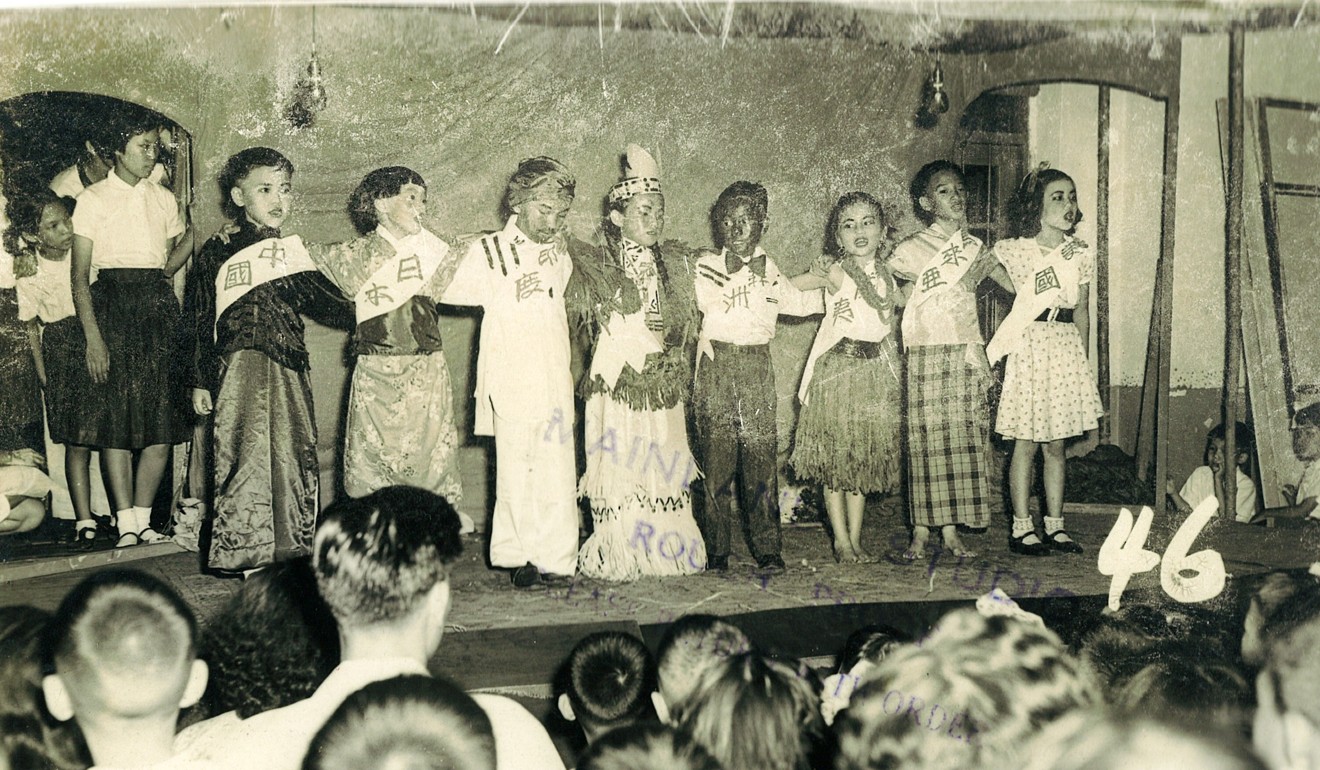
As president of the Pacific Early Childhood Education Research Association, what do you think could Hong Kong learn from our neighbours in the region?
In recent years, I’ve been greatly inspired by South Korea, and I believe Hong Kong’s Education Bureau has been too. The Seoul Early Childhood Education and Promotion Centre is a notable example of how the government could comprehensively enhance the quality of early childhood education through research, teacher training and capacity building, curriculum development, and also community outreach. In fact, the establishment of such public resource centres is legislated by their Early Childhood Education Law, which is a very powerful move. Singapore is also setting up the National Institute of Early Childhood Development, aiming to enhance the quality of the profession through pre-service training and continuing professional development. Exciting things are happening across Asia, and as a non-profit in Hong Kong, we hope to partner with the government to spearhead such efforts.
If you could add and delete one thing in the Hong Kong education system, what would they be?
Instead of adding or subtracting one thing from our Hong Kong education system, I would advocate for a more holistic and fundamental rethinking of our philosophical and pedagogical approach to education. If we truly believe that multidisciplinary and self-directed learning is important, which requires an integrated and community approach to the way we teach – or rather facilitate students’ learning and exploration, so that they are equipped with the lifelong skills to learn, unlearn or relearn – then such objectives must permeate throughout the system, starting with teacher training. It’s a paradigm shift; not a slight tweak here and there.
What is your favourite holiday destination?
Anywhere with a rich and colourful culture and history, such as India and the Middle East. I don’t get to visit as often as I would like, but it’s always an eye-opening and deeply enriching experience.
What book are you reading at the moment?
The Brain That Changes Itself: Stories of Personal Triumph from the Frontiers of Brain Science by psychiatrist and psychoanalyst Norman Doidge, MD. I’ve always been interested in brain science, especially in the concept of neuroplasticity, and this book is a fascinating and life-affirming read.

Which educator do you most admire on the world stage?
Perhaps because he just passed away last December, the first person who comes to mind is the late professor of early childhood education at the University of Illinois at Urbana-Champaign, Bernard Spodek. He was a giant in the field of early childhood education, and one of his greatest accomplishments is arguably the establishment of the Pacific Early Childhood Education Research Association.
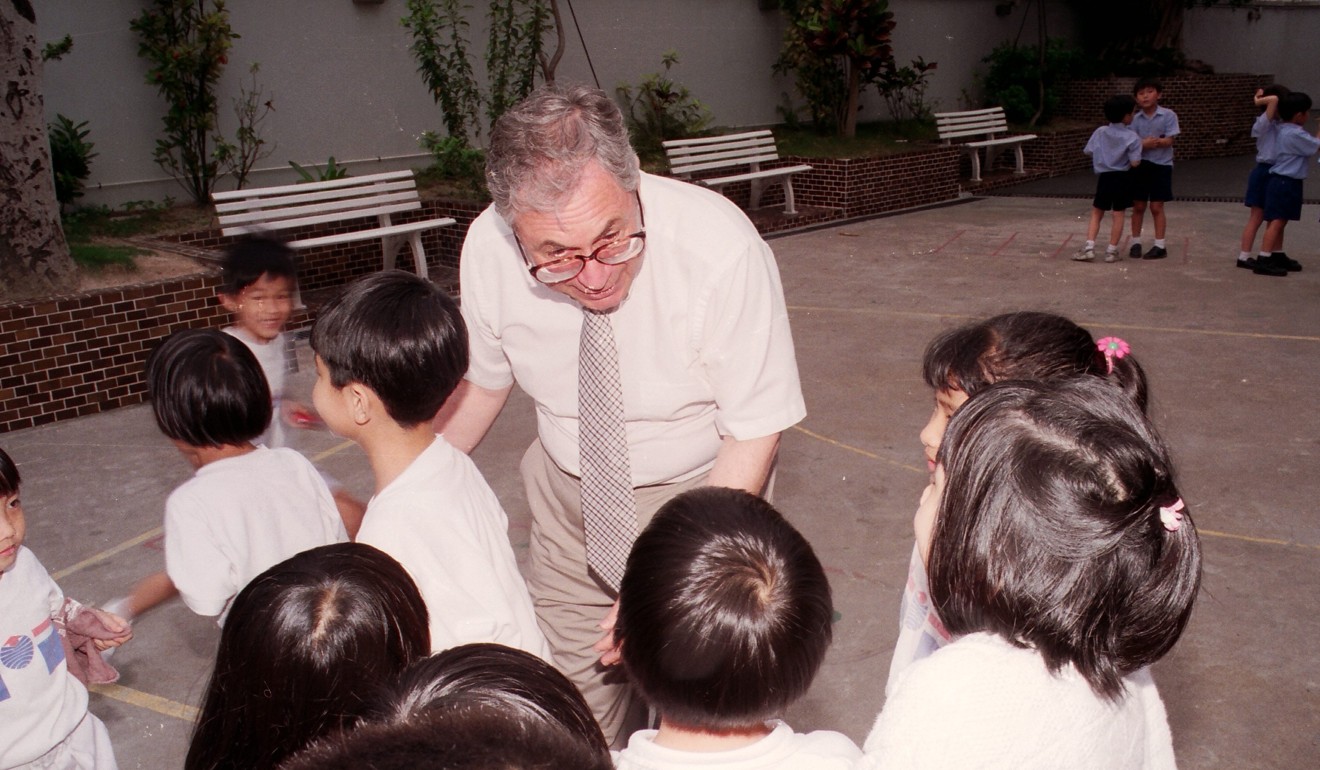
I had the honour of knowing him since my doctoral studies, and will always remember his humanity, passion, and real heart for Asia, particularly mainland China. During his fellowship in Nanjing decades ago, he was undeterred by the rather poor living conditions, and even a venomous snake bite didn’t faze him.
What is your way to chill and relax?
This will sound very mundane, but window shopping and catching a movie with my nieces are relaxing. They will, however, tell you that this is theoretical only, as such occasions do not happen often enough. Truthfully, with my travel schedule, I watch most films on the plane, and I do enjoy in-flight shopping, as I often discover new gadgets, which I’m fascinated by but will spend forever learning how to properly operate!

